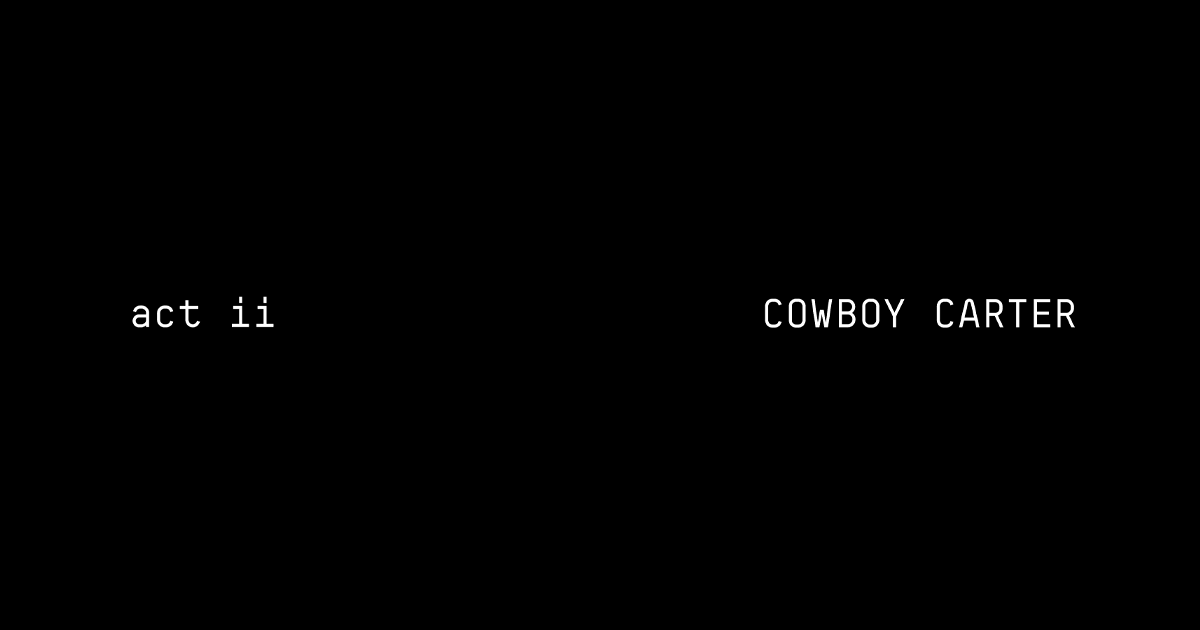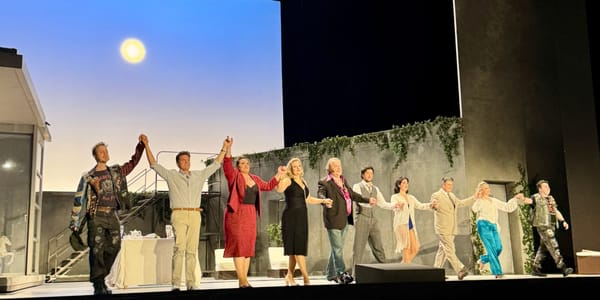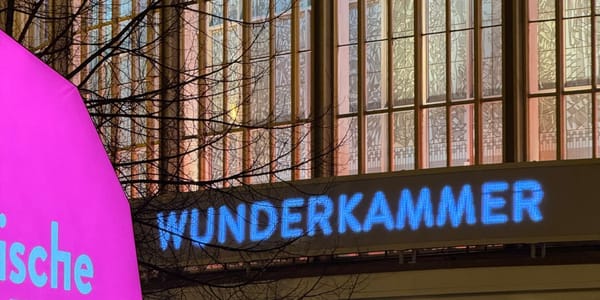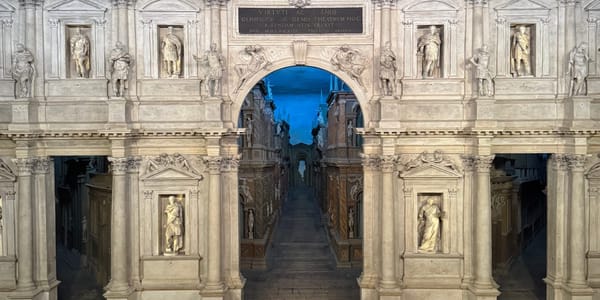Beyoncé’s Cowboy Carter Tour x Opera: “The Reclamation of America”
A genre-defying, politically charged performance that reclaims and reframes American identity through music, imagery, and unapologetic cultural ownership.
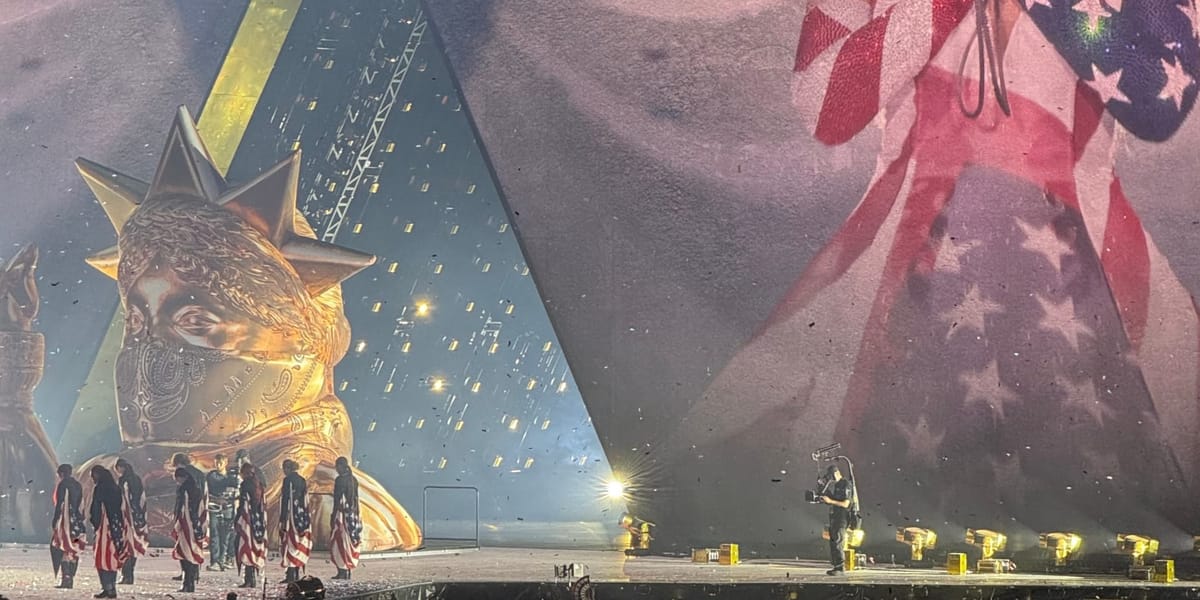
For this article I’m making a content exception—seeing as the opera summer break has begun, and because sometimes the spirit of opera shows up where you least expect it. Beyoncé’s Cowboy Carter may not be staged at the Deutsche Oper, but its political clarity, genre-bending ambition, and sheer performative force hit many of the same notes I look for in great opera productions. So yes, this is a detour—but maybe not such a big one after all.
🎭 Cowboy Carter Tour
🎶 Beyoncé, 2024
💭 Live Nation, 2025
🏛️ Tottenham Hotspur Stadium London
🗓️ 14.06.2025
“NEVER ASK FOR PERMISSION FOR SOMETHING THAT ALREADY BELONGS TO YOU”
What’s left to say about Beyoncé? That she’s a generational performer? An unmatched showwoman? A perfectionist, producer, choreographer, cultural barometer? Sure. But Cowboy Carter—and specifically the tour that has sprung from it—positions her as something else entirely: a historian. A political theorist. An archivist and author of a living, breathing, genre-defying, genre-reclaiming essay in American music.
So why write about Beyoncé’s tour on a blog dedicated to opera? Because, to quote Linda Martell on the track “SPAGHETTI,” “Genres are a funny little concept. In theory, they have a simple definition […] but in practice, some may feel confined.” Beyoncé has long resisted such confinement. She bends genres—pop, R&B, hip-hop, soul, country—into something more expansive, more fluid, more reflective of the richness of Black musical traditions. And here, she folds opera into that mix. Not as pastiche, not as high-art citation, but as part of a living tradition. And beyond the musical scope, it’s the tour’s political clarity that compels me to write. This is exactly the kind of cultural messaging I look for when I sit in an opera performance: an aesthetic, ideological, and emotional confrontation with power, identity, and belonging.
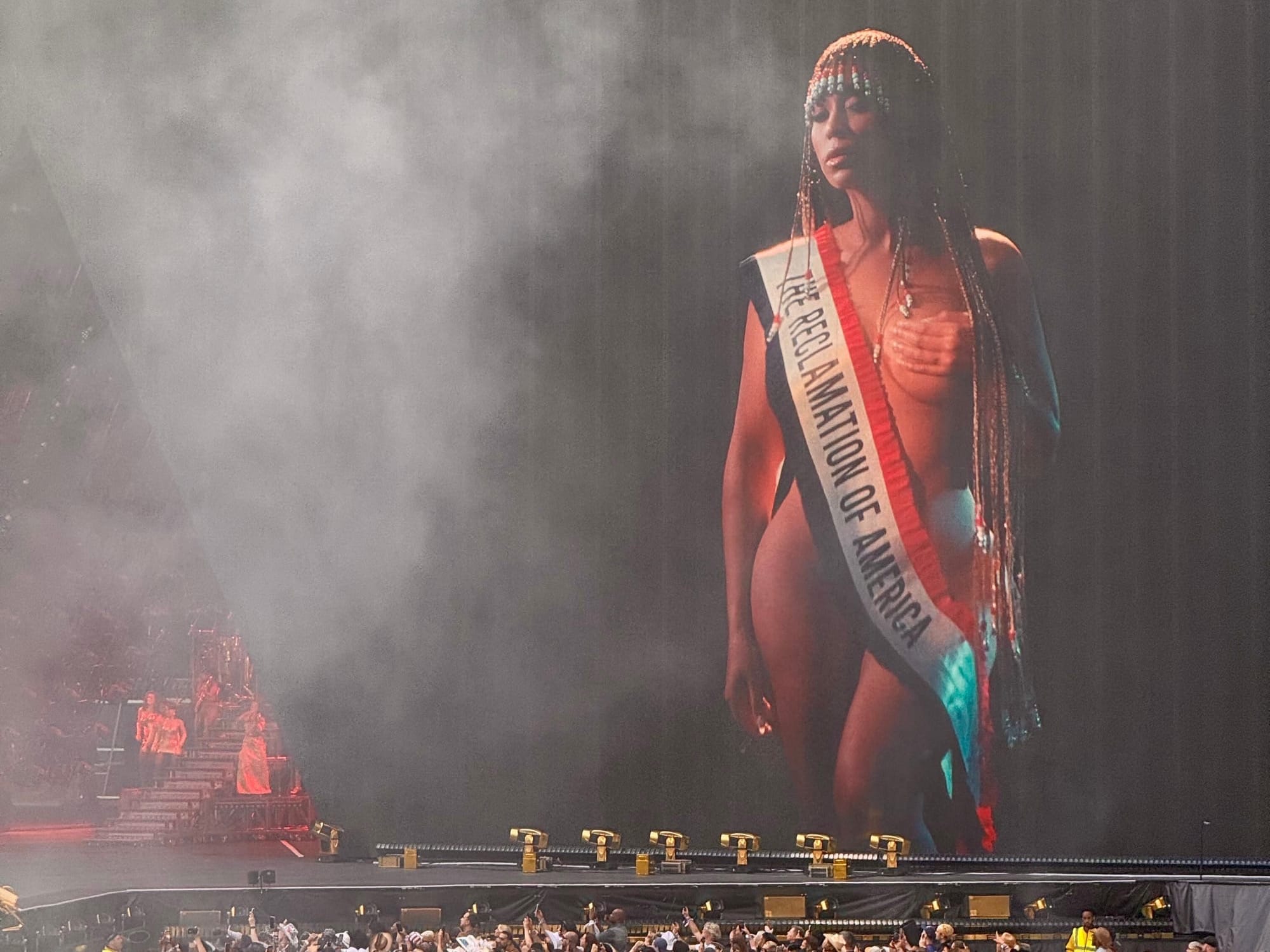
Because this isn’t just spectacle—although spectacle she delivers. This is critique, this is thesis. Cowboy Carter unfolds not like an album but an argument, and the tour that follows it doesn’t just illustrate that argument, it embodies it. It gives us a world where every creative decision carries political meaning. A world where the stage becomes a site of reclamation. The thesis? Country music is Black music. Beyoncé has always been a country musician. America—its imagery, its iconography, its culture—is hers, too, and ours by extension.
From there, she builds her case. In the album, this unfolds almost academically: drawing on collaborators (Willie Nelson, Dolly Parton, Miley Cyrus) like footnotes to shore up her legitimacy in a white-dominated canon. She samples, collages, and transforms traditions, re-centering the Black roots of Americana. But on stage, this thesis gains muscle. The show is dripping in iconography: stock markets and bald eagles, hair salons and blue jeans, comic-book panels and drag ball pageantry, cowboy epics and operatic pathos.
Let’s talk about the opera. In Daughter, one of the album’s most arresting tracks, Beyoncé performs Caro mio ben—a well-worn Italian art song, often heard in conservatories, singing classrooms, and Liederabende. And she sings it. Not samples, sings. Legato lines, classically shaped vowels, even a touch of bel canto delivery. And while the internet predictably lost its mind over Beyoncé “doing opera now,” the real gesture lies deeper: It’s not a gimmick, it’s a provocation: Who told you this music doesn’t belong to me? Who told you I couldn’t do this? Why not us?

That same provocation recurs throughout the staging. There’s a Black tap dancer channeling Irish Riverdance. Black ballerinas performing modern ballet. A faded American flag rendered in pastel blue and pink, nodding to the transgender flag. It’s a world of aesthetic collage, but also of pointed political inclusion. There’s no hierarchy here between “high” and “low” culture. Beyoncé doesn’t differentiate between Popeye and Puccini or ballet and voguing. It’s all canon. It’s all America. It’s all hers.
And let’s not forget the mechanical bull. Or the Cadillac she flies across the arena. Or the towering 18-wheeler truck she rides in on. Or the fake Spaghetti Western short film (“Attack of the 400-Foot Cowboy”) in which Beyoncé literally steps over the White House and the Hollywood sign, clad in fringe and boots like the patron saint of patriotic drag. It would all be over-the-top if it weren’t so razor-sharp. She’s not flexing, she’s proving a point: that American imagery is often only coded as white—but its roots, rhythms, aesthetics, and ambitions are anything but.
And in the midst of this, she offers quiet resistance. Lines like “Never ask for permission for something that already belongs to you” flash across the massive screen. The past isn’t past, she reminds us. The myths we’ve been taught about genre, race, country, belonging—they’re myths she’s here to rewrite. “America has a problem,” one song reminds us. And Beyoncé has notes.
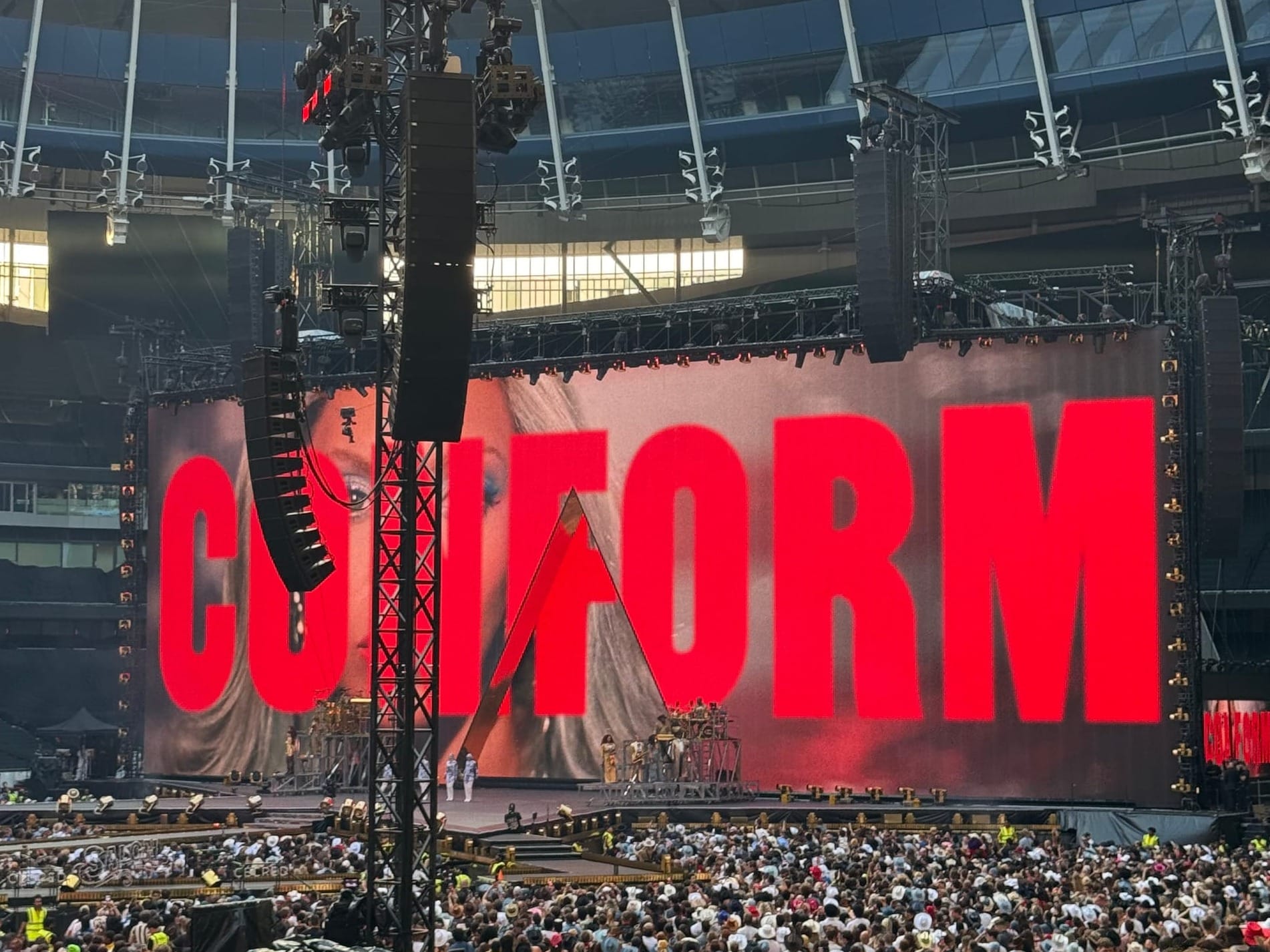
It’s easy to call this a pop concert, but that feels a little like calling Don Giovanni a pleasant musical evening. If anything, Beyoncé’s Cowboy Carter tour has more in common with the kind of opera I long to see more of—the kind that recognizes every aesthetic decision as political, every gesture as intentional, and every genre as a fluid space of meaning. A Gesamtkunstwerk, if you will, where narrative, spectacle, voice, and staging converge toward an argument about what it means to belong.
Which lands all the more forcefully in a time in which the American political and economic elite is actively rewriting the rules of belonging—tightening the borders of who gets to call themselves American, and who is pushed out of the frame. And it’s a dynamic we know all too well here in Europe, much closer to home. Beyoncé’s answer is as bold as it is expansive: I belong. We belong. This is ours, too. And in claiming that space, she doesn’t just perform a concert—she reframes and reclaims a nation.
Because at its core, this tour isn’t about cowboy boots. It’s about the freedom to claim space; to write yourself into the center of a story that has long been written around you. It’s Beyoncé standing before a sea of fans and witnesses, and saying, plainly: I am America, too. And honestly? There’s no counter-argument strong enough to refute that.
